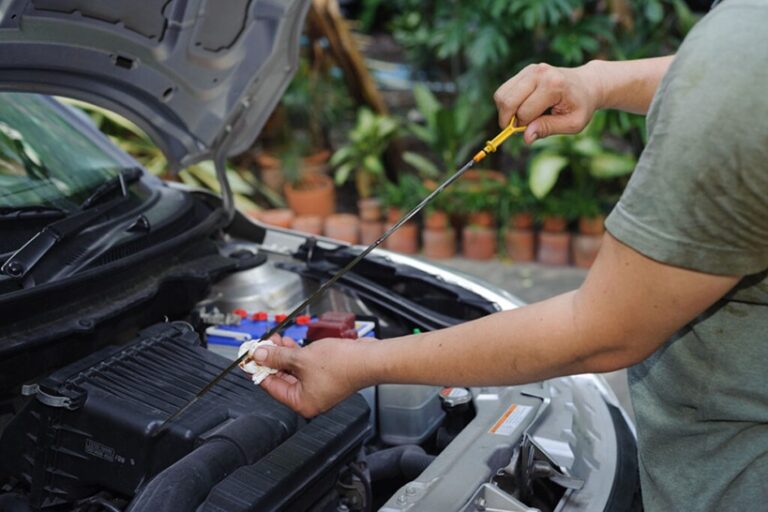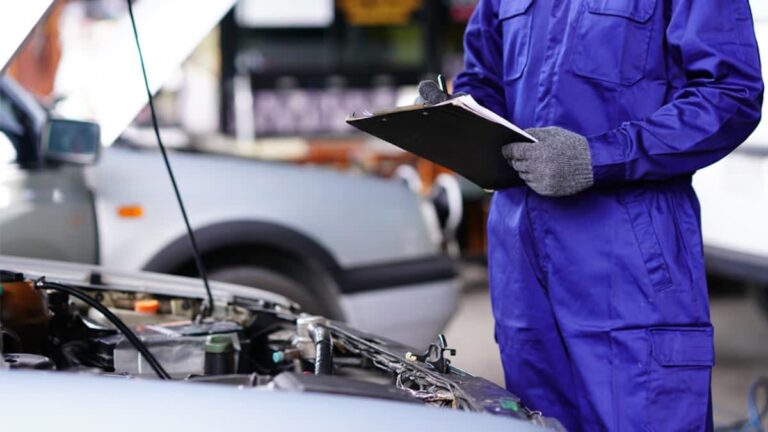The exhaust manifold is a vital component of your car’s exhaust system, responsible for funneling exhaust gases from the engine’s cylinders into the exhaust pipe. It is typically made from cast iron or stainless steel to withstand the intense heat produced by the engine. The manifold collects exhaust gases from each cylinder and channels them into one single pipe that leads to the rest of the exhaust system, including the catalytic converter. Without a properly functioning exhaust manifold, the engine’s performance would suffer, and harmful emissions would be released into the atmosphere.
How the Exhaust Manifold Works
When the engine burns fuel, it creates exhaust gases as a byproduct. These gases are produced in the cylinders and need to be expelled from the engine. The exhaust manifold’s primary function is to collect these gases and direct them out of the engine. The manifold is connected to each cylinder through exhaust ports, and it’s designed to efficiently direct gases to minimize backpressure. A well-designed manifold ensures that gases flow smoothly through the exhaust system, contributing to the engine’s overall performance and fuel efficiency. Proper services are there for the Auto Repair in Clearwater, FL at the moment.
Impact on Engine Performance
The exhaust manifold has a direct impact on the engine’s efficiency and performance. A properly functioning manifold helps prevent backpressure, which can negatively affect engine output. Backpressure occurs when exhaust gases are restricted or delayed in their flow, causing the engine to work harder than necessary. This can lead to a decrease in fuel efficiency, reduced horsepower, and even engine overheating. An optimal exhaust manifold design helps maintain proper exhaust flow, enabling the engine to perform at its peak capacity while minimizing unnecessary strain.
Common Problems with Exhaust Manifolds
Like any component in a vehicle, the exhaust manifold can wear out over time. One common issue is cracks or leaks, which can occur due to the extreme heat cycles the manifold undergoes. Leaks can cause exhaust gases to escape before they’re properly funneled into the exhaust system, leading to reduced engine performance, increased fuel consumption, and potential damage to other engine components. If you notice unusual noises, a decrease in power, or an increase in fuel consumption, it could be a sign that your exhaust manifold is damaged and needs repair or replacement.
Maintaining the Exhaust Manifold
Regular maintenance of the exhaust system, including the manifold, is essential for keeping your car running smoothly. While exhaust manifolds are built to last, they can still become damaged or corroded over time. If you notice any signs of leaks or unusual performance, it’s crucial to have the manifold inspected by a professional. Timely repairs or replacements can prevent further damage to the engine and ensure that your car operates at its best. Additionally, keeping the exhaust system free from rust and corrosion can extend the lifespan of the manifold and improve fuel efficiency.
In conclusion, the exhaust manifold plays an essential role in your vehicle’s overall engine function. By channeling exhaust gases efficiently, it helps maintain optimal engine performance, fuel efficiency, and reduces harmful emissions.











